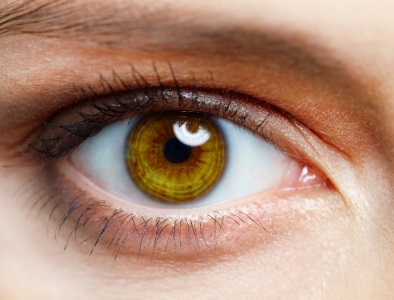Comedian David Baddiel once shared a thought-provoking image on Twitter — a picture of a man drowning, someone many might instinctively label as “ugly” or cast in the role of a villainous character, perhaps even without realizing why. He posed a simple yet profound question: Why do we perceive this man as ugly or evil? — merely because of his facial features?
This question strikes at the heart of a long-standing truth: beauty, it’s often said, lies in the eye of the beholder. It is an ever-shifting reflection of personal taste, molded by our experiences, our cultures, and the emotions we carry. What captures one person’s breath may leave another untouched. Beauty is not merely symmetry or shine — it is nuance and mystery, capable of rendering us speechless at the sight of a landscape, the sound of a melody, or the warmth of an unnoticed smile.
Yet, despite its personal and elusive nature, society has long tried to confine beauty within defined parameters. Be it through beauty pageants, advertising, or social media, we attempt to catalogue the uncatalogable, turning subjective impressions into objective standards. If beauty can be judged on a scorecard, can it still be called personal? Arguably not. These standards may shape collective taste, but they will always fall short of capturing the full, intimate depth of what we each find beautiful.
On the opposite side of this delicate balance lies the notion of ugliness — often dismissed or condemned, yet no less revealing. Our understanding of what is “ugly” tells us as much about society as what we deem beautiful. Ugliness is not merely a lack of visual appeal. It can embody stigma, exclusion, or otherness — deeply influenced by societal norms, unconscious biases, and even echoes of evolutionary instincts.
Judging someone as “ugly” may have little to do with objective features and everything to do with cultural expectations or internalized prejudices. These snap judgments touch on issues of fairness, empathy, and dignity. When we begin to unpack why we react to certain features or presentations with discomfort or aversion, we start to see the scaffolding of a society that often equates aesthetics with morality, worth, or goodness.
Ultimately, to question our definitions of both beauty and ugliness is to embrace a fuller view of human complexity. It’s an invitation to challenge our biases, to widen our empathy, and to recognize that every face tells a story — none more worthy than the other.

